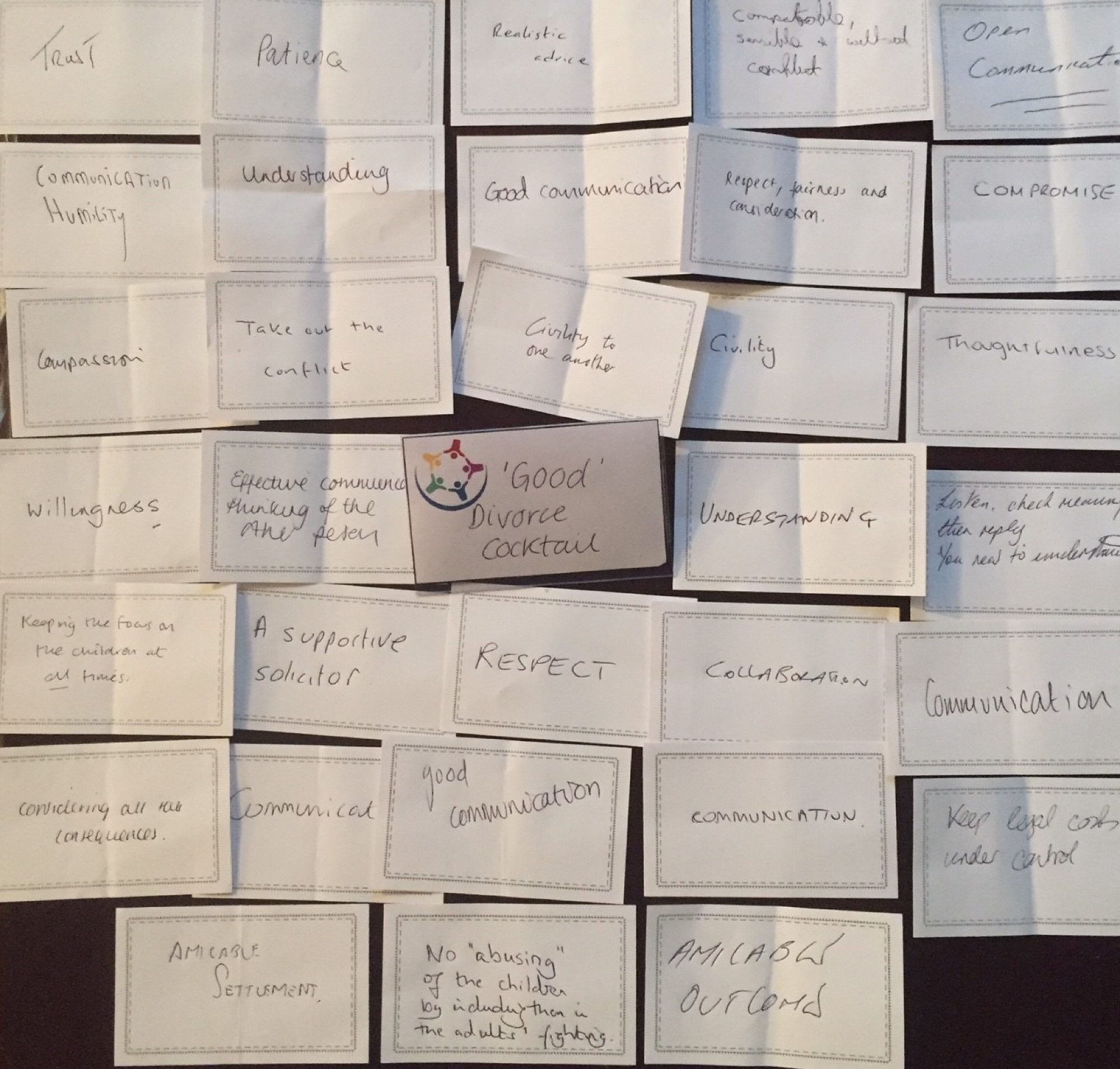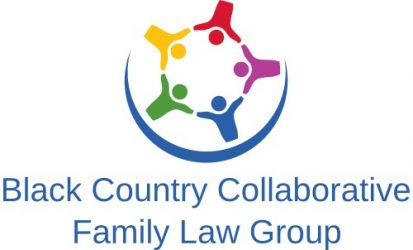So, the New Year of 2020 support the immediate reintroduction into Parliament of the much talked about Divorce, Dissolution and Separation Bill 2019/20.
After two previously aborted attempts to introduce this Bill to Parliament, the first as a result of the Prorogation debacle and the second as a result of the calling of a General Election, it was refreshing to see a majority government acting quickly to reintroduce the Bill to Parliament.
For those that take an interest in this kind of thing, the Bill introduces the promise of no fault divorce being legislated for the first time in UK law. Equally interesting is that there is genuine cross party majority support across the house for the introduction of this legislation.
If enacted, it would also see the end to what has been a 20+ year campaign by Resolution for the introduction of no fault divorce into UK law.
Whilst it is easy to celebrate the introduction of this Bill, it is probably fair to say that given its troubled journey to date, genuine celebration should not begin until the legislation is actually enacted and no fault divorce becomes a fact of the UK legal landscape.
Reflecting on this however has caused me to think more about my role not only as a family lawyer, but also as a trained collaborative family lawyer. For many years now, members of Resolution have been committed to the constructive and non-confrontational approach enshrined in our Code of Practice that is familiar to members and clients alike.
However, the imminent introduction of no fault divorce brings back into focus for me the positive benefits of engaging in the collaborative family law process in order to resolve issues in relation to children and finances.
To those unfamiliar with the collaborative family law process, both parties instruct independent legal advisers in order to enter into the collaborative process but, as part of that instruction, agree at the outset that there will be no court proceedings and that all discussions will take place face to face in four-way meetings. These meetings often involve the assistance of other neutrals such as accountants, financial advisers, family therapists and barristers.
By taking this approach, it is proven how much more beneficial this can be to enable parties to work through the issues in the most constructive and non-confrontational way and help them retain integrity and respect for each other, and enable them to focus on any children involved.
It is my sincere hope that the introduction of no fault divorce will aid those entering the divorce process to reflect and consider how putting aside blame and fault, and focusing instead on what is really important to bring these difficult matters to a conclusion, can be of huge benefit to all involved.
I for one hope that we will see a higher take-up and more interest from everyone involved in the family law community for the collaborative law process as one of the better ways to resolve any matters that couples and families need to deal with.
It remains to be seen whether this can be achieved but certainly the introduction of this Bill, and thereafter legislation, can only be a positive step in this regard.


